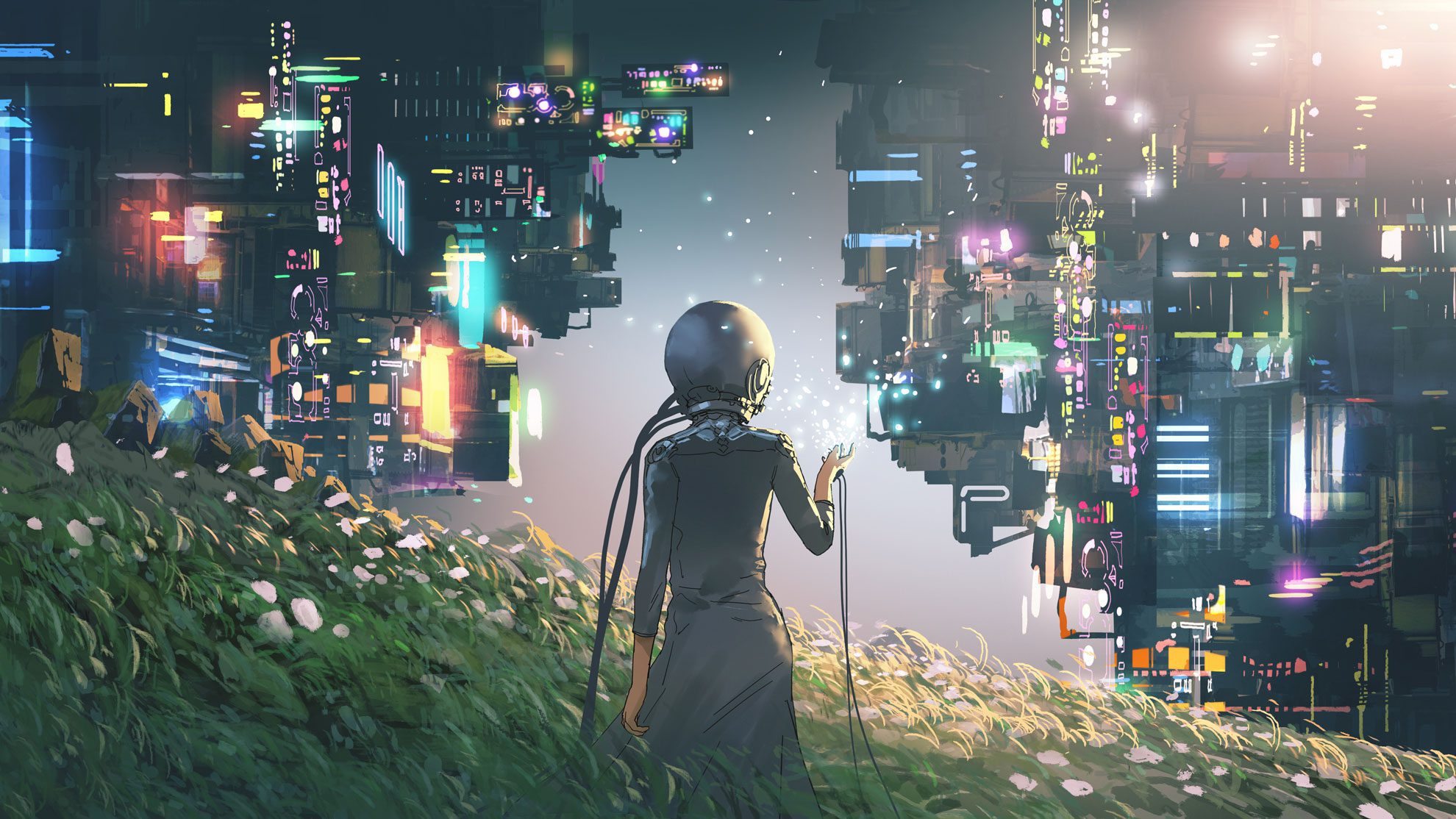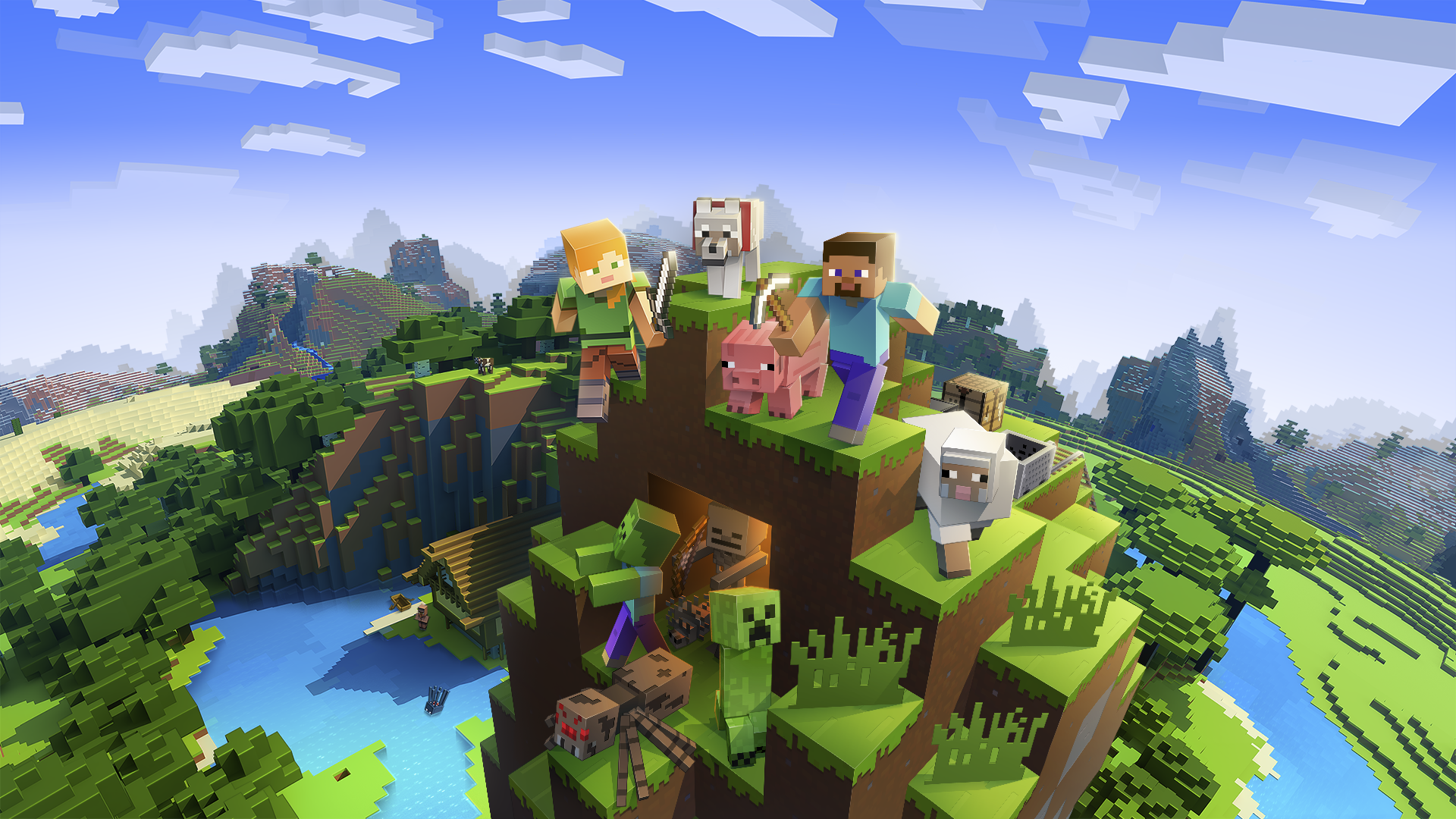Video games are ubiquitous in our lives.
Did you know there are more than 3.24 billion gamers worldwide? When it comes to leisure activities, gaming ranks pretty high in the popularity stakes. And it’s only growing.
Contrary to what you may think—it’s not only for kids. In fact, the age of the average gamer is a very adult, 34 years old.
Like it or not, video games have a bad reputation for being addictive and leading to negative behaviour, particularly in children and young people.
Like with anything in life, there are pros and cons when it comes to gaming.
Studies indicate that between 1-10% of gamers are addicted. Since Covid-19, the prevalence of gaming disorders worldwide has worryingly increased.
However, there’s growing empirical evidence showing good quality commercial video games have positive benefits, such as creating effective learning opportunities. For example, studies looking at children who play video games showed improved social and academic skills due to the collaborative nature found in some video games.

According to gaming expert James Paul Gee, “games make kids smarter when they play them proactively, that is, when they think about game design, how their own styles of play interact with that design, how different strategies work, and how games relate to other things like books, movies, and the world.” He famously goes on say “schools may not yet care about this, but modern workplaces care about whether people can think about how their environments are designed and can be re-designed to be better and more productive.”
Backing this up, research from Iowa State University discovered that video games increase creativity. Furthermore, the type of game and how often it’s played influences what the players learn through repeated exposures. Consequently, the study found that most video games promote players to engage in some level of creativity.
This shows that gaming benefits are far more nuanced than previously believed. So, let’s dive in and explore the positives that video games have for the creative mind.

How video games can boost your creativity
Gaming does two things to your brain that helps you create new ideas and find creative solutions to real-life problems.
Firstly, video games boost our cognitive processes such as decision making, reasoning and memory.
Secondly, gaming releases the feel-good neurotransmitter dopamine (think: the rush you feel after completing a level).
Sounds good. So how does this work in practice?
We asked our Senior Designer Rosie how gaming helps her day-to-day creative work here at Dauntless.
How does gaming influence you?
“I think gaming helps you think without restrictions. There are endless possibilities within these imaginary gaming worlds that aren’t achievable in our world—like blowing up a city only to rebuild it in minutes. These ungraspable possibilities let our minds run wild, untethered, and without boundaries.
Interestingly, there’s no voice of doubt saying, ‘what if it doesn’t work’? Because it doesn’t matter in the game. After all, you can either quit, reset or try another approach. Subsequently, this teaches freedom of thinking, which allows us to dream big, experiment and explore different or unusual ideas. I’ve discovered that this has encouraged me to think outside the box and experiment more. Sometimes, depending on design principles isn’t enough, especially when facing a challenge where tried and tested approaches aren’t working. Instead, you need to harness new ideas and new solutions so you can solve old problems in a better way.”

What are the main benefits of gaming for you as a designer?
“I’d say problem-solving first and foremost. After all, most design is about finding a solution in response to a need or a problem. For example, clients ask us how to make the website more engaging? Or is there another way to represent our brand message?
In this context, how can gaming help? Consider Minecraft, Lego Worlds, No Man’s Sky or a Tomb Raider-style puzzle game—these are sometimes called sandbox games. What they have in common is they all utilise situations that require solving or fixing to challenge us and get our brains ticking. We can take the learning from these experiences and apply the same cognitive skills to help us make more intuitive and creative design decisions.
Other vital benefits include decision-making skills, risk-taking and increased confidence to experiment. Playing video games often encourages you to grapple with the consequences of your choices and actions. If you don’t do the level right, you’ll have to do it repeatedly until you get it ‘right’.
The beauty of playing video games is that it allows us to make multiple mistakes.
This way, you find yourself in an iterative loop, learning how to get better or solve the puzzle faster and more effectively each time. The result is greater trust in ourselves and our ideas. In the real world, this can translate into vital leadership skills that help us deliver stellar projects for our clients.”
Give us an example of how a game helped you solve a real design problem?
“It’s incredible how the puzzles you crack in a game can flow into your real work. For example, I experienced a work-related eureka moment thanks to playing KAMI 2 – a calm, compelling puzzler app. The aim of the game is to change the origami paper style background to a single colour in as few moves as possible. I was stuck on this one problem for ages. Finally, I decided to turn my phone upside-down and voila—problem solved in seconds.
In our work, we often take a step back and try to view the problem from a different angle or point of view. In such situations, simply turning something on its head can magically reveal a solution you previously missed or disregarded.”
What do you think is the biggest misconception about gaming?
“The impact of gaming on social skills is tricky. However, I believe video games can be incredibly social, even mirroring real-world interactions. Sure, it’s not exactly the same as being physically in the same space with people (although VR will change that), but as we spend more and more time online, virtual social skills are becoming akin to face-to-face ones.
How do you socialise during gameplay? You log on with your friends, spend time chatting and catching up, plan and work together, have each other’s backs, and make strategies to win. In other words, you collaborate. And this ability to work together is essential in design.
Because, here’s the thing—design is not a one-person show.
Instead, it’s through co-creation that the best solutions emerge. So, consider what kind of skills collaboration requires— communication, trust, flexibility, and open-mindedness—these are the same skills you practice while gaming.”
What’s your favourite video game and why?
“This changes like the tides, so I’m going to say my current favourite is Forza. Car geeks, no doubt, will be familiar with this simulation racing game. What I love about it is how realistic it is. The cars you drive and buy in the game are based on commercially available vehicles—fancy a zoom in a Koenigsegg Jesko or a Porsche Taycan Turbo S—then this is the game for you.
From a design perspective, the attention to detail is truly exquisite. For example, the realistic design of road signs and the carefully considered reflections animated onto the cars to depict different weathers and seasons is impressive. I can’t begin to imagine how much time and effort was invested into making the game, but I appreciate every second of it as a player. There’s also an option to customise your vehicles. I love this component because you can put crazy designs on some very standard cars and let your creativity run wild.”
Before you go
So, the next time you get a creative block grab the console, open the app, stick on the headset and press start.
Remember, there’s value to all those hours you’re sinking into Fortnite, League of Legends or Call of Duty—you’re learning how to make the impossible possible through creativity.
What do you think about video games?
Looking for inspiration? Check our blog for the latest stories on brand development, digital transformation and UX/UI design.


